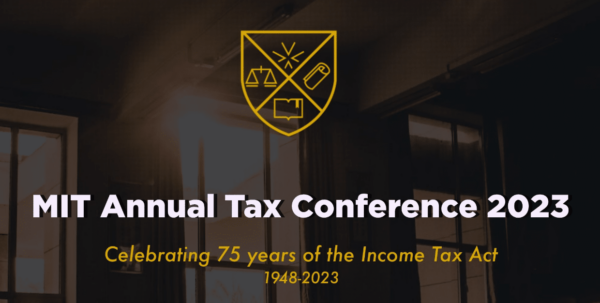|
The Commissioner for Tax and Customs notifies taxpayers and their tax representatives that, as from 21 August 2023, documents that are required to be submitted to the MTCA in paper format with a wet ink signature, will also start to be accepted in soft copy format, digitally signed with a qualified electronic signature. This is possible due to the eIDAS Regulations (Regulation (EU) No 910/2014) which specify that a qualified electronic signature has the equivalent legal effect of a handwritten signature (Article 25(2) of the eIDAS). Documentation is accepted in this format in situations where the document does not relate to a service which is already available online. In addition, such a measure is intended to refer to documentation being submitted by the taxpayer to MTCA, and not to documentation which requires the signature of the Commissioner for Tax and Customs (or that of an official acting on the latter’s behalf), such as agreements for remission of interest and penalties. In addition, the Commissioner reserves the right to limit this facility in those circumstances where the said document is required to be furnished to other entities (and where such entities require originally signed wet ink signature). Before submitting documents to MTCA, signatories are to ensure that the relative electronically signed document and the use of electronic signatures follow the provisions as contained in the eIDAS. Only documents signed using one of the trusted list of qualified trust service providers will be accepted. Such electronically signed documents submitted to the MTCA can be sent via the various email channels that are available for designated services. The e-signed document should be accompanied with a validity assurance report generated from the following link: https://ec.europa.eu/digital-building[1]blocks/DSS/webapp-demo/validation. It is pertinent to note that, when submitting documentation in this format, it is the signatory’s sole responsibility to ensure that such document is validly signed in accordance with the specifications as set out by the eIDAS. Furthermore, the signatory should be aware that the said document may undergo validity checks by the MTCA to verify compliance with the eIDAS. Consequently, when utilising this system, the signatory would also be accepting that further enquiries may be made by MTCA using the respective webapp on the EU Commission website, and the document will only be deemed as submitted when the relative criteria are satisfied.
|

